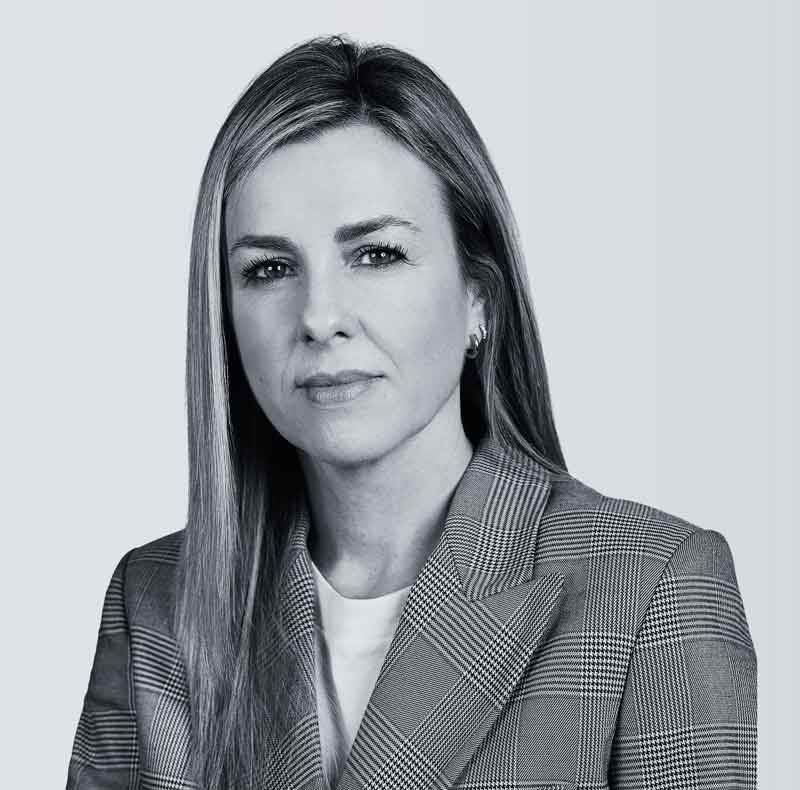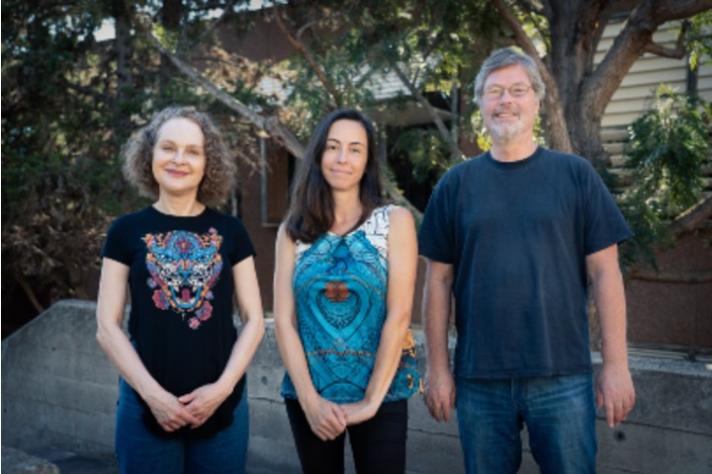The IAC and Fundación Occident are committed to promoting the exchange of scientific talent
2/5/25 | Fundación Occident
"The Instituto de Astrofísica de Canarias (IAC) continues to strengthen its leadership position in research and attract scientific talent with the Fundación Occident's “Visiting Researchers” program."
The Instituto de Astrofísica de Canarias (IAC) continues to strengthen its leadership position in research and attract scientific talent with the Fundación Occident's “Visiting Researchers” program. In the recently completed year 2024, the programme has been working for an uninterrupted decade, attracting dozens of research people every year who have completed stays, at least one month and up to three months, in the IAC.
The programme allows guest research staff to share space and work with members of the different research groups established in the IAC, so that the exchange of information and knowledge can enrich both the receiving institution and the guest's source by promoting stable and lasting international relationships.
The “Visiting Researchers” programme aims to attract internationally renowned research staff to strengthen scientific activity in host centres and promote innovative lines of cooperation among scientific institutions around the world. Within the framework of this programme, the collaboration agreement between Fundación Occident and the IAC began in 2014, coinciding with the first period of the IAC accreditation as a Severo Ochoa Centre of Excellence, a mark of excellence granted by the Spanish Government that recognises, rewards and promotes high level scientific research at national centres.
Since the collaboration began, the Fundación Occident’s “Visiting Researchers” program has enabled dozens of internationally renowned researchers to stay at the IAC. In the 2024 edition, this programme has received confirmation from nine prestigious scientists, such as Nataliia Shchukina, an expert in Solar Physics from the Astronomical Observatory of the National Academy of Sciences of Ukraine.
Apart from Dr. Nataliia Shchukina, this year’s programme also includes Dr Evanthia Hatziminaoglou, an expert in galaxy formation and evolution, who comes from Germany and is the head of the ALMA European Regional Centre; Researcher Dr Leticia Carigi of the Institute of Astronomy at the National Autonomous University of Mexico (IA-UNAM), who works in the field of the Milky Way and the Local Group of Galaxies; The theoretical physicist specialising in Cosmology and Astroparticles, Dr Benjamín Grinstein, from the University of California in San Diego (USA), a pioneer in the construction and operation of several Effective Field Theories (EFTs) of particle physics; and Dr Thomas Henning, German astrophysicist and department director of the Max Planck Institute of Astronomy in Heidelberg, which specialises in the study of planetary systems and the Solar System.
This list is completed with the stay at the IAC of Dr Carlos José Díaz Baso, an expert in Solar Physics and a postdoctoral researcher at the Rosseland Centre for Solar Physics at the University of Oslo (Norway). of Dr Rob Fender, head of Astrophysics at the University of Oxford (United Kingdom), who will be focusing his work on stellar and interstellar physics; of Prof. Marc Pinsonneault, from the University of Ohio, a leading scientist in the fields of solar physics, stellar physics and galactic archaeology. And Prof. Joachim Puls, a researcher focused on Aesthetic and Interstellar Physics, who comes from Germany and who works at Ludwig-Maximilians-University in Munich.
The common goal of all these visits is to strengthen the scientific collaboration between the host research group and the visiting researcher while also initiating new lines of work based on the emergence of new scientific interests in an increasingly international and multi-institutional research environment.
After this decade of collaboration, both the IAC and Fundación Occident have shown satisfaction with this relationship and both companies show their interest in continuing with the programme in the coming years in order to strengthen the Spanish R&D system and continue to be of attraction in the field of the astrophysics.
Instituto de Astrofísica de Canarias
The Instituto de Astrofísica de Canarias (Canary Islands Astrophysics Institute), accredited by the Spanish Government as the Severo Ochoa Centre of Excellence, is a Spanish public research body that manages two of the best international observatories in the world. Administratively, it is a Public Consortium, made up of the Spanish Administration through the Ministry of Science, Innovation and Universities, the Public Administration of the Autonomous Community of the Canary Islands, the University of La Laguna (ULL) and the Spanish National Research Council (CSIC).
It is currently one of the most important research centres in Europe, with more than 700 scientific publications a year and with more than 450 people on the payroll. The centre has international collaborations with more than 20 countries. It also manages the Canary Islands Observatories: the Roque de los Muchachos Observatory in La Palma; and the Teide Observatory in Tenerife; Which are, together with Chile and Hawaii, the top three observatories in the world.
Contact for press and media

Jone Paredes
comunicacion@gco.com

